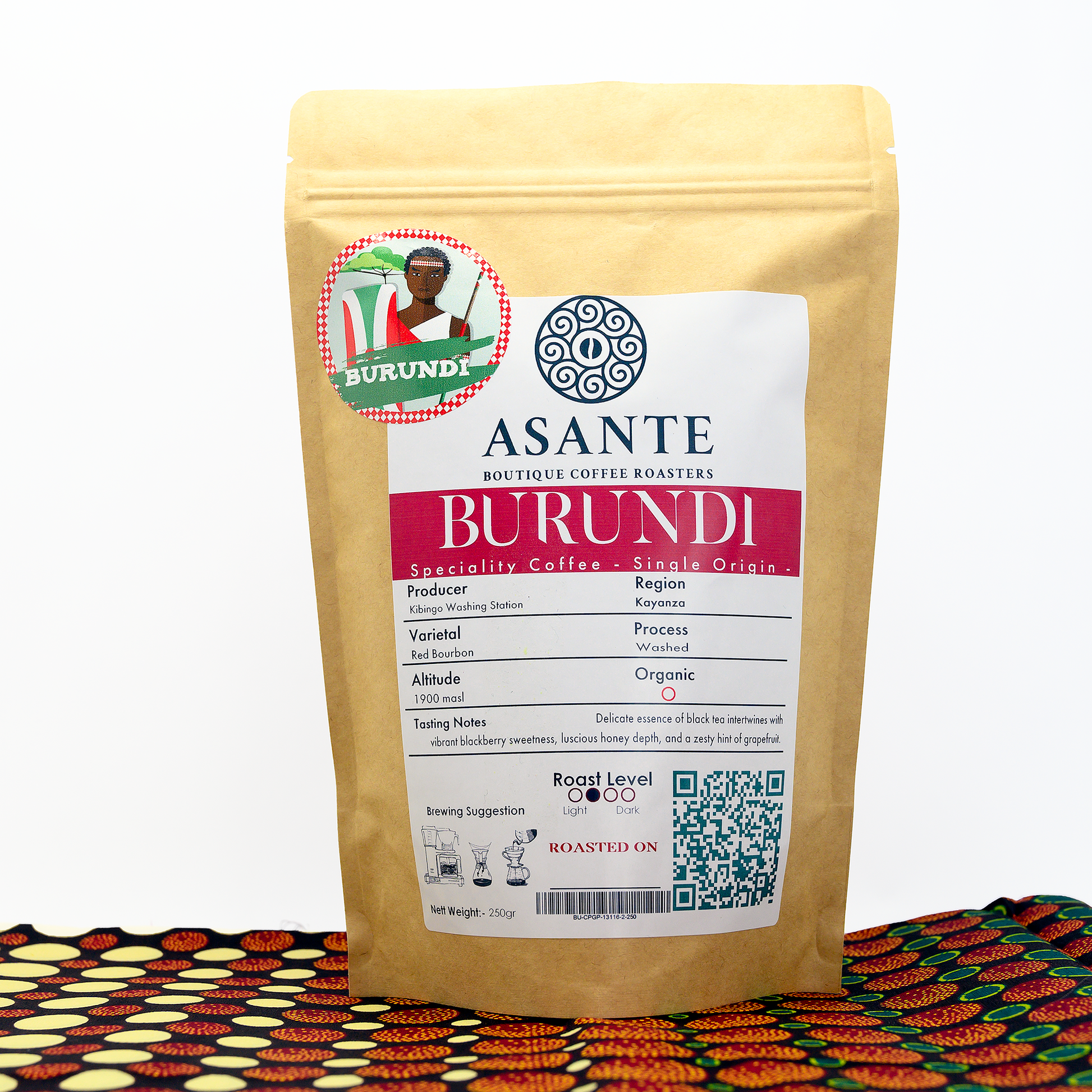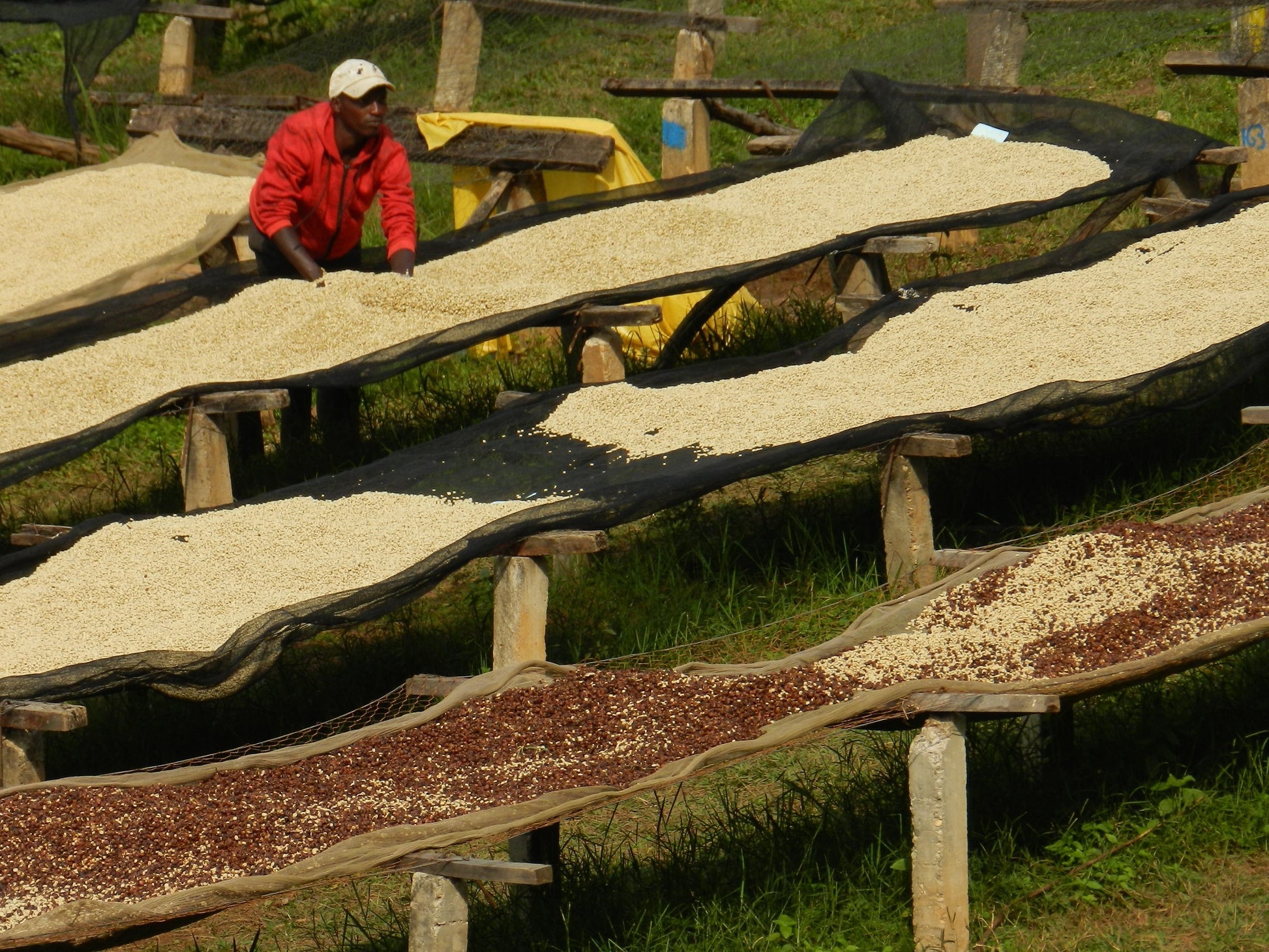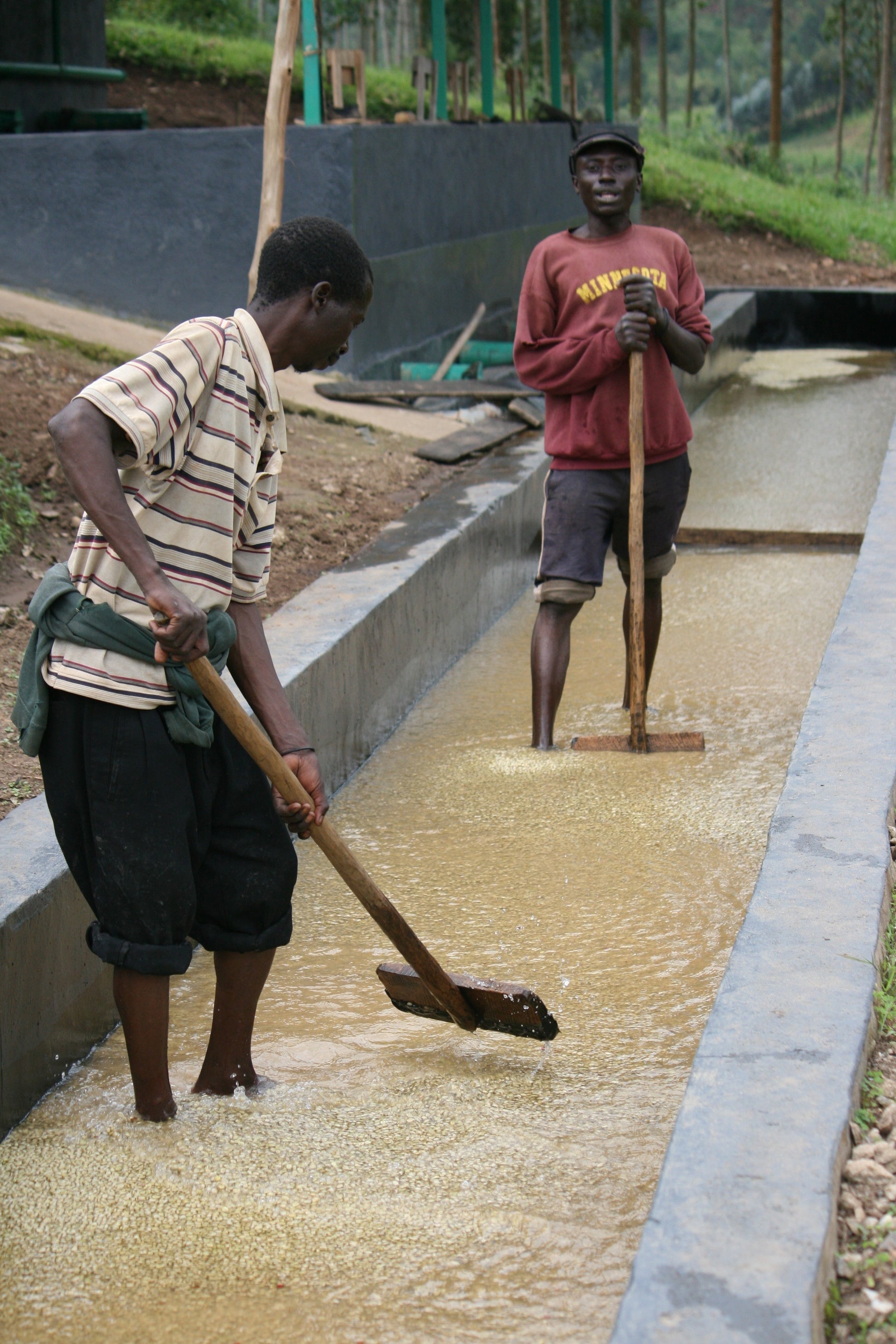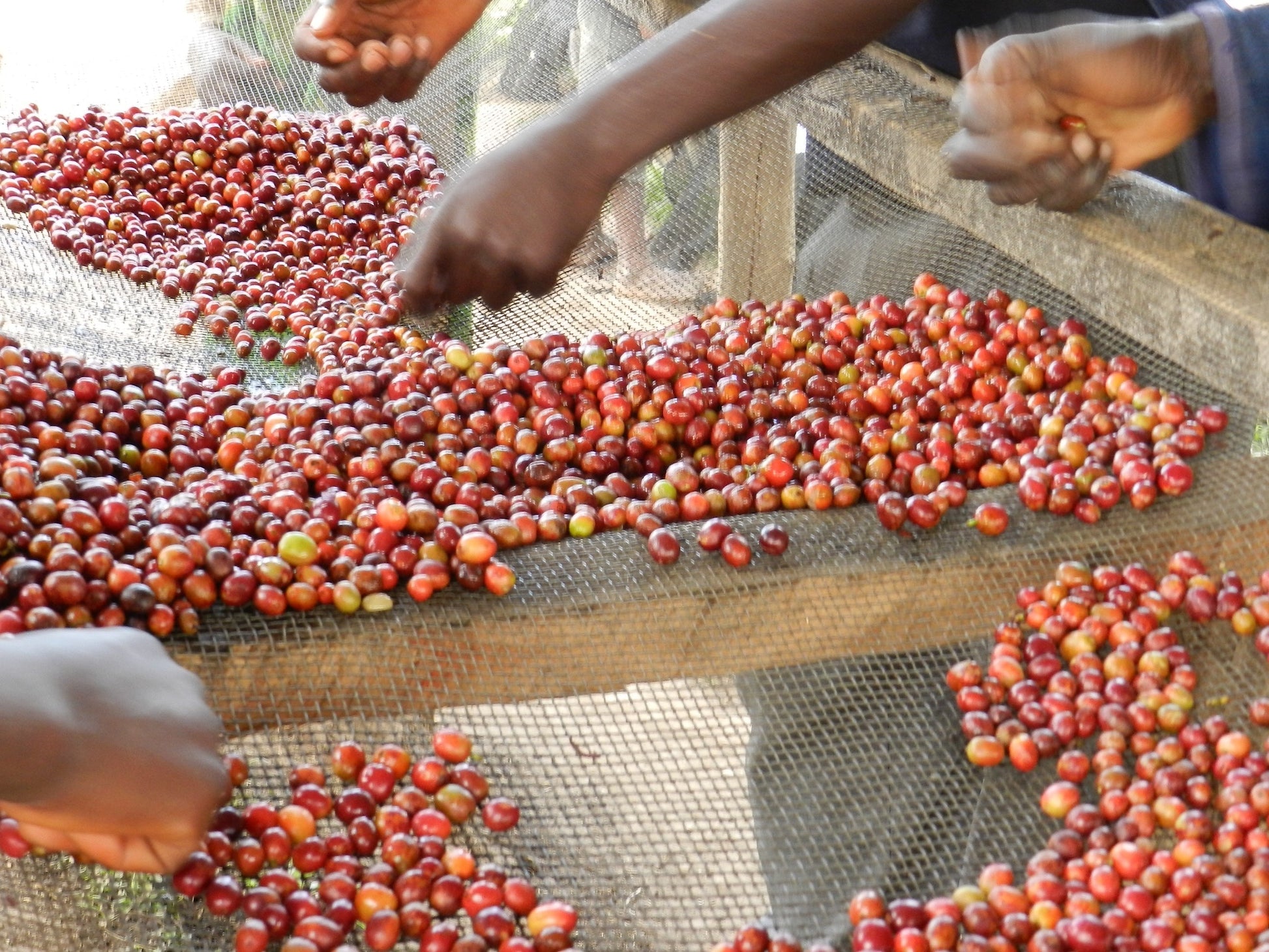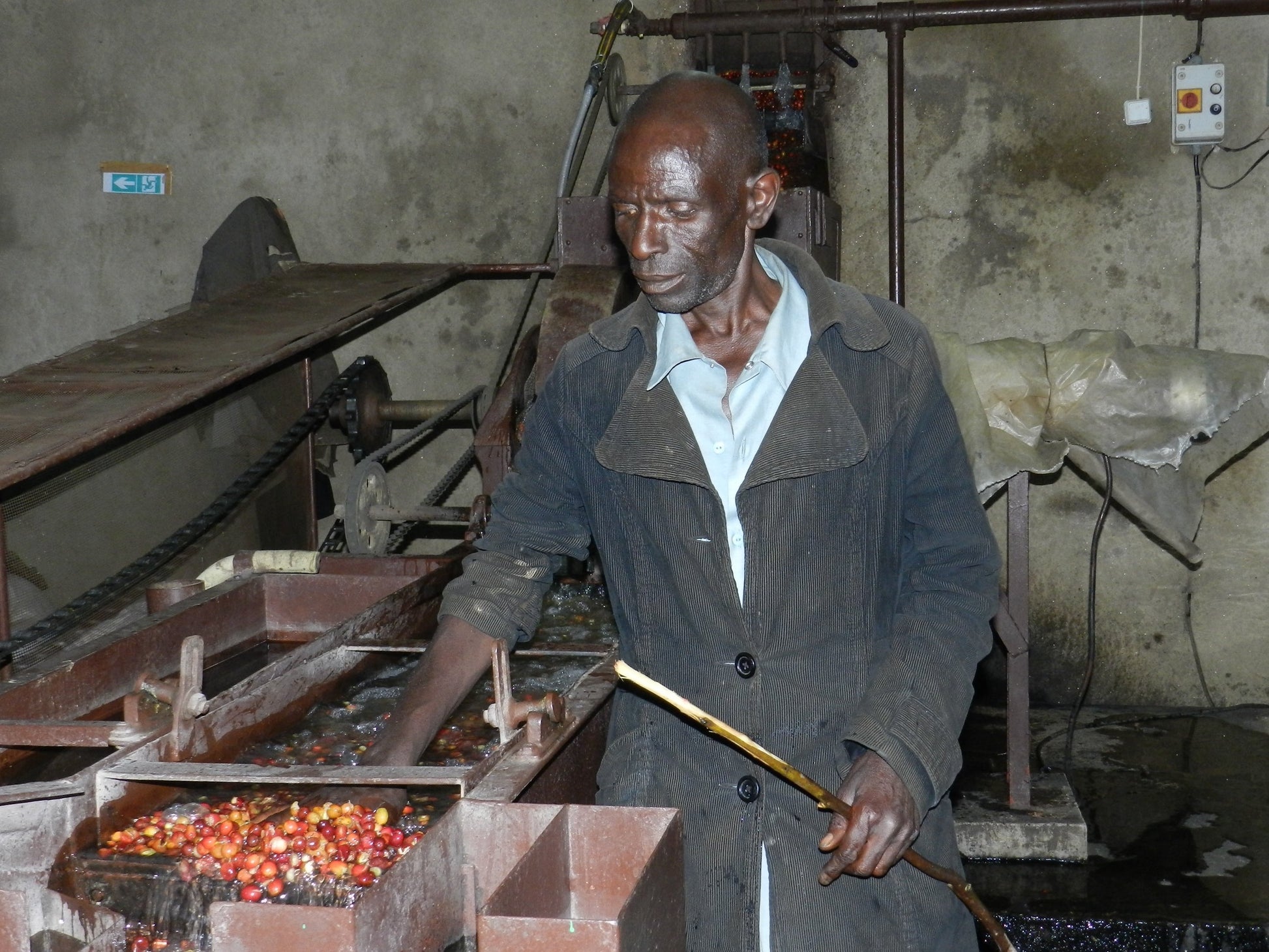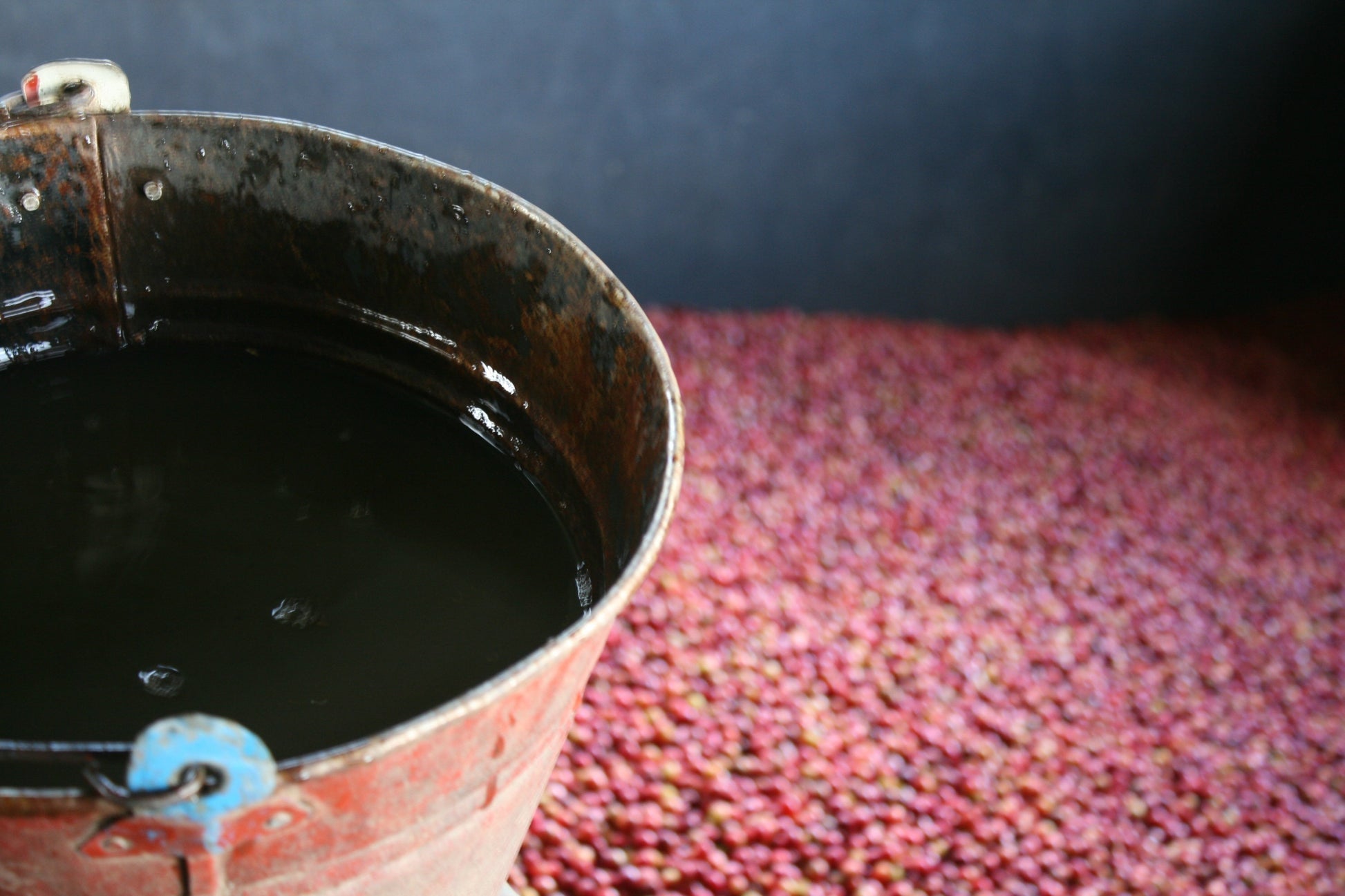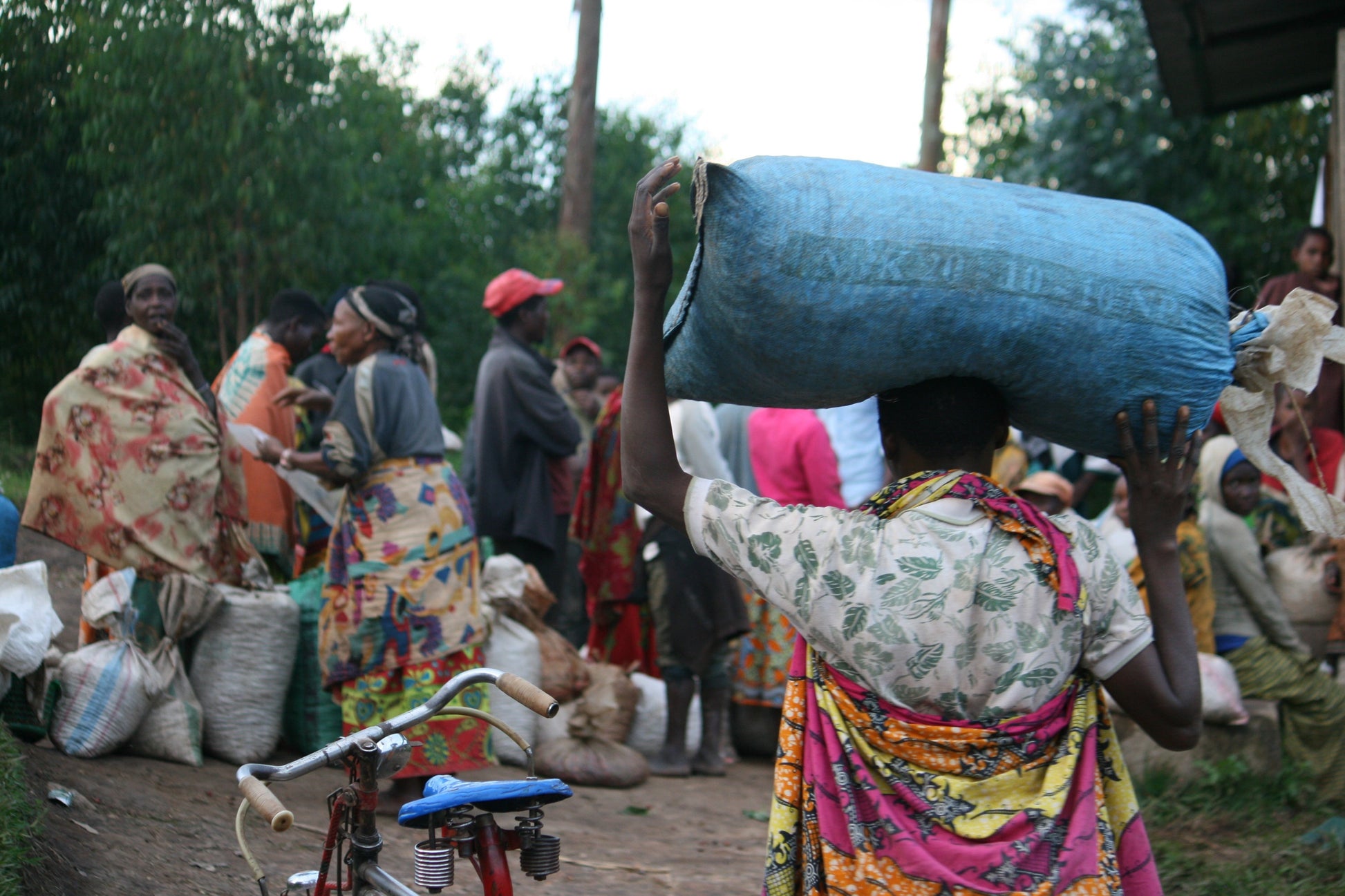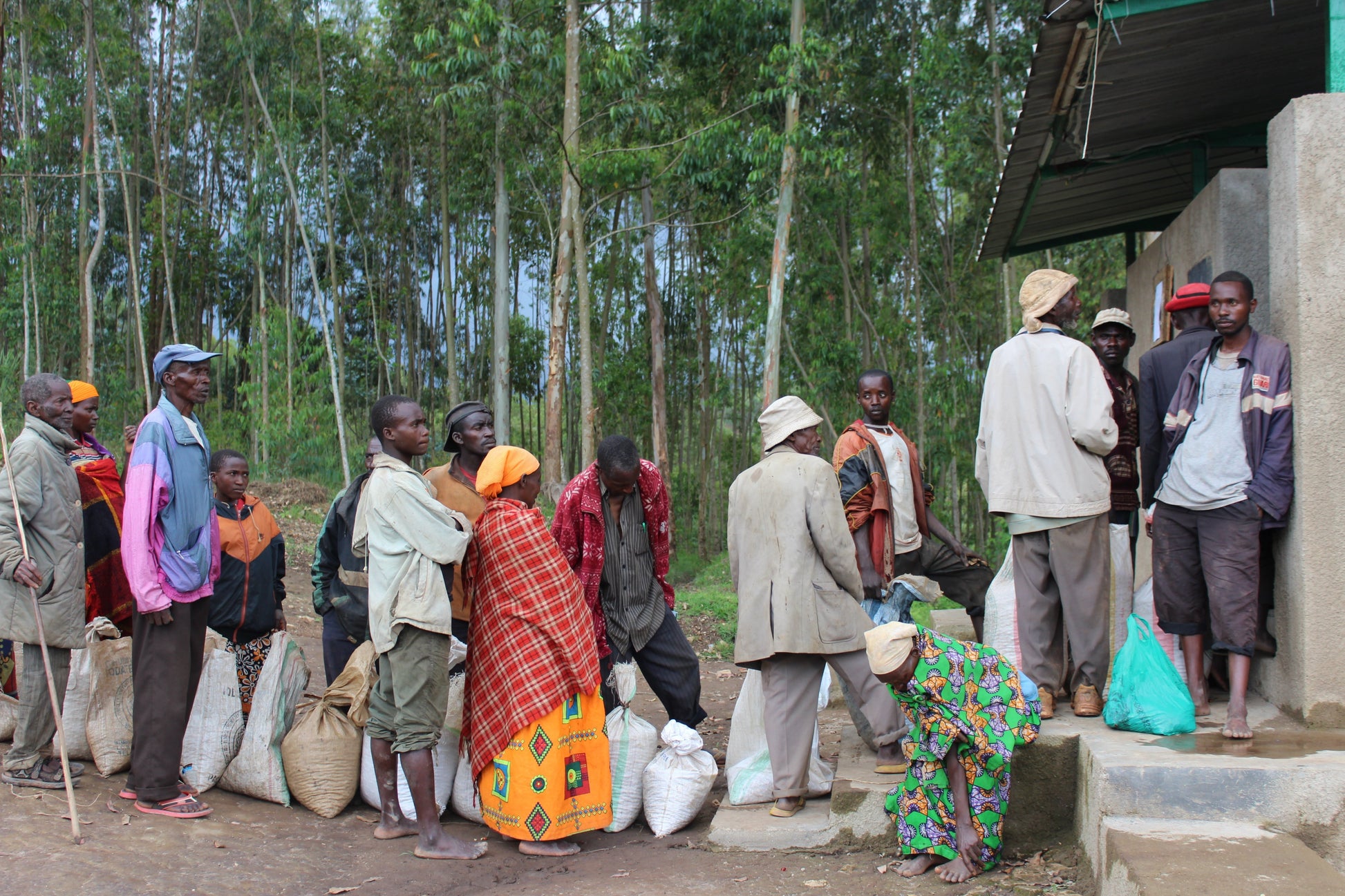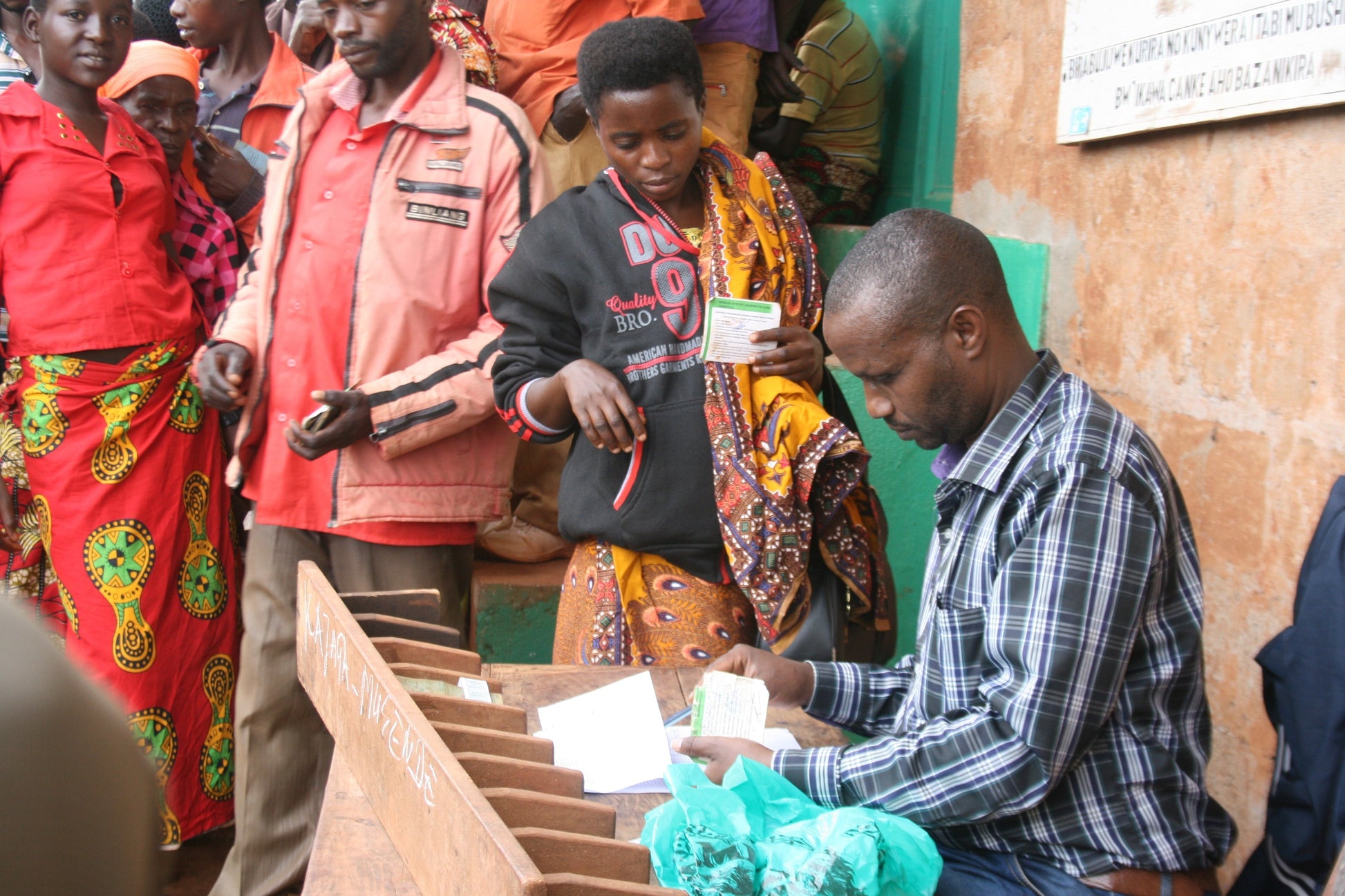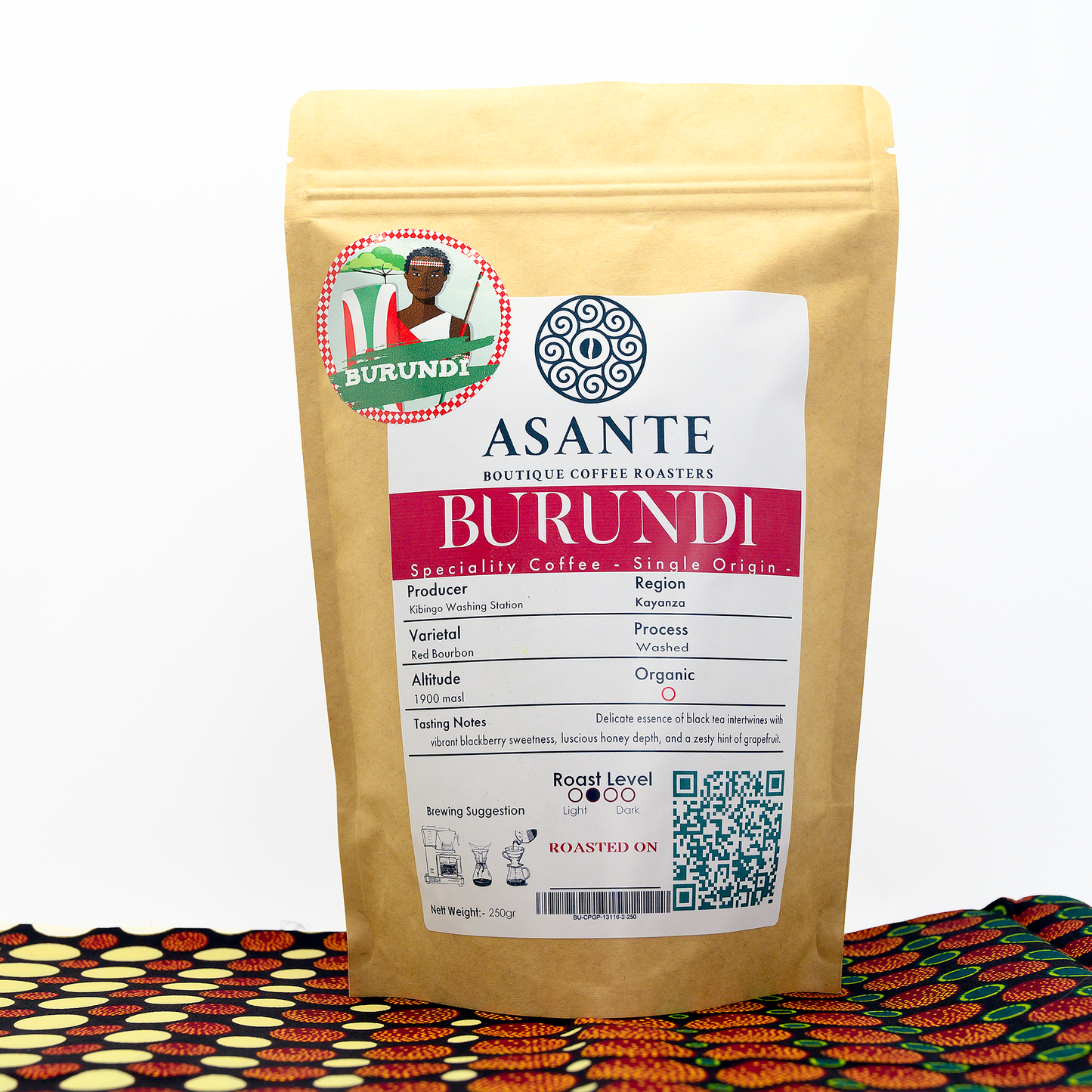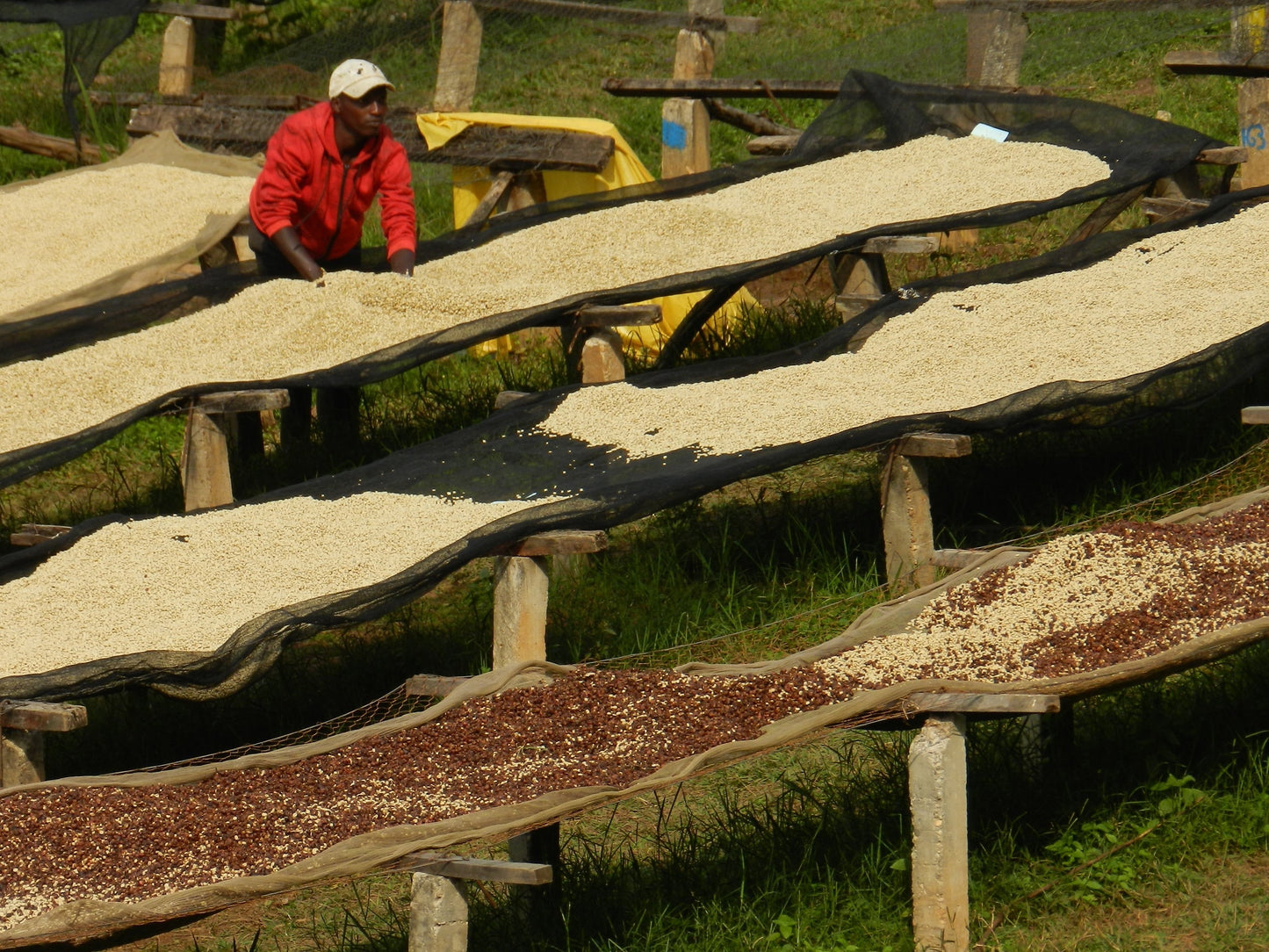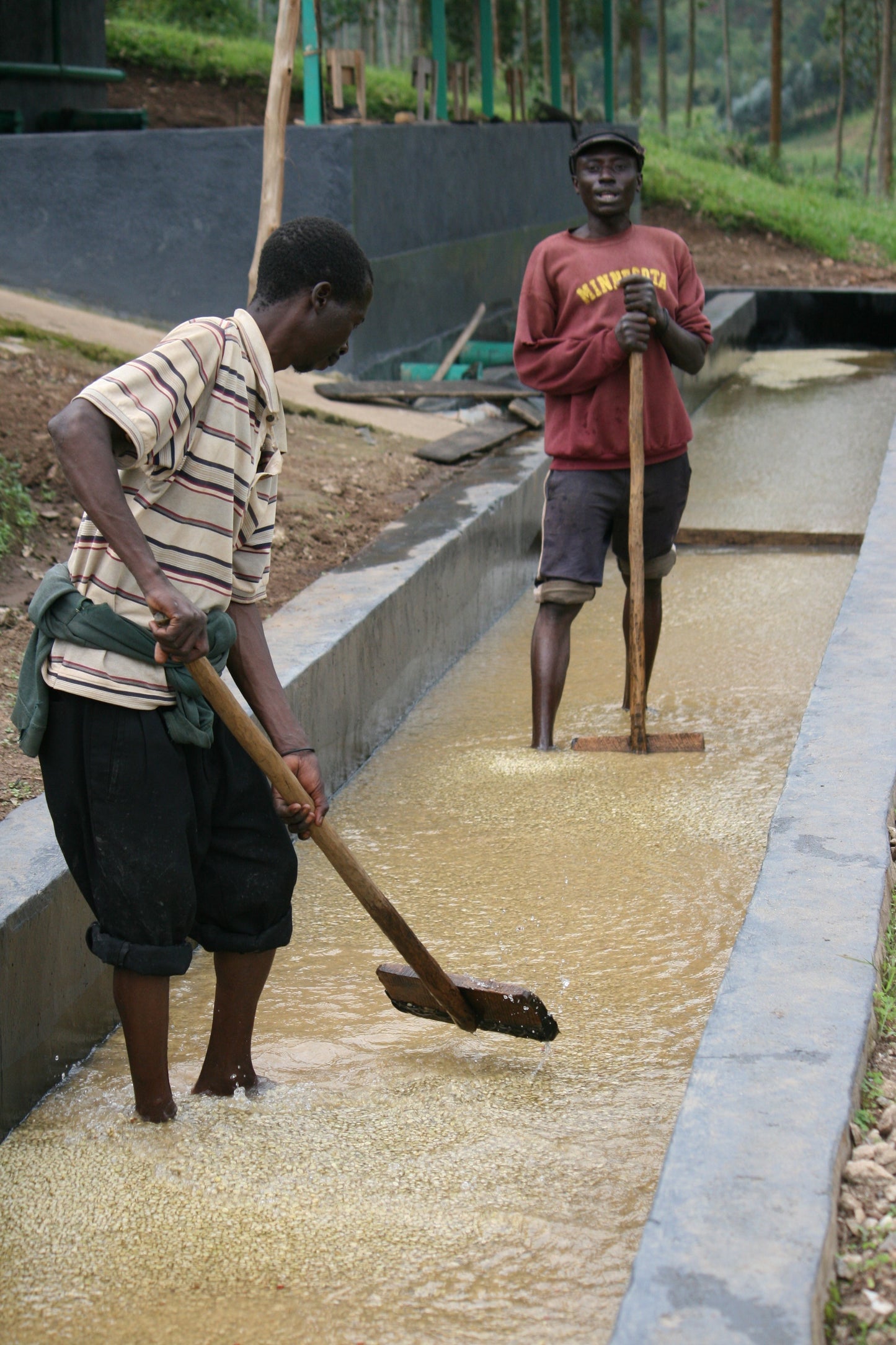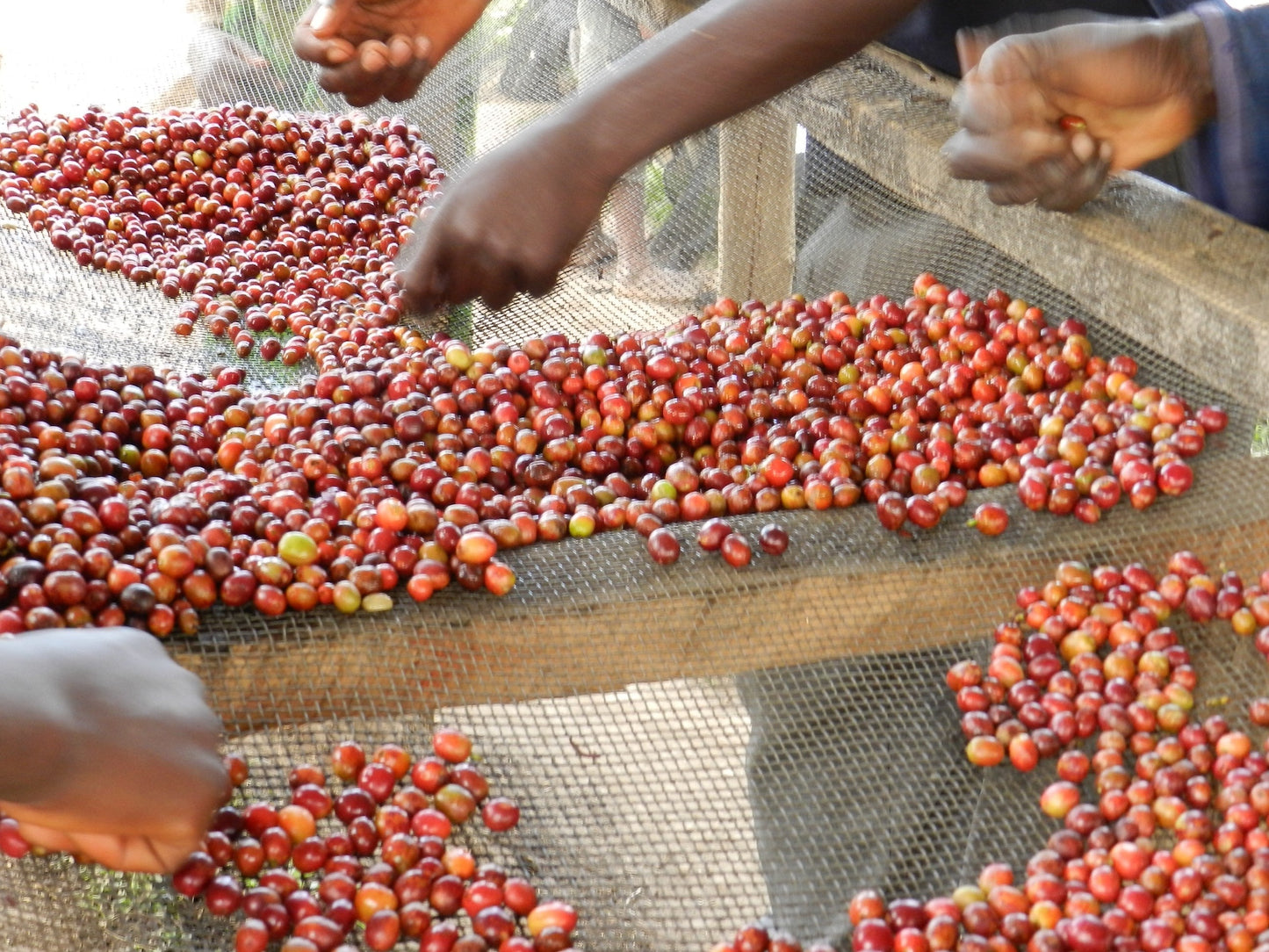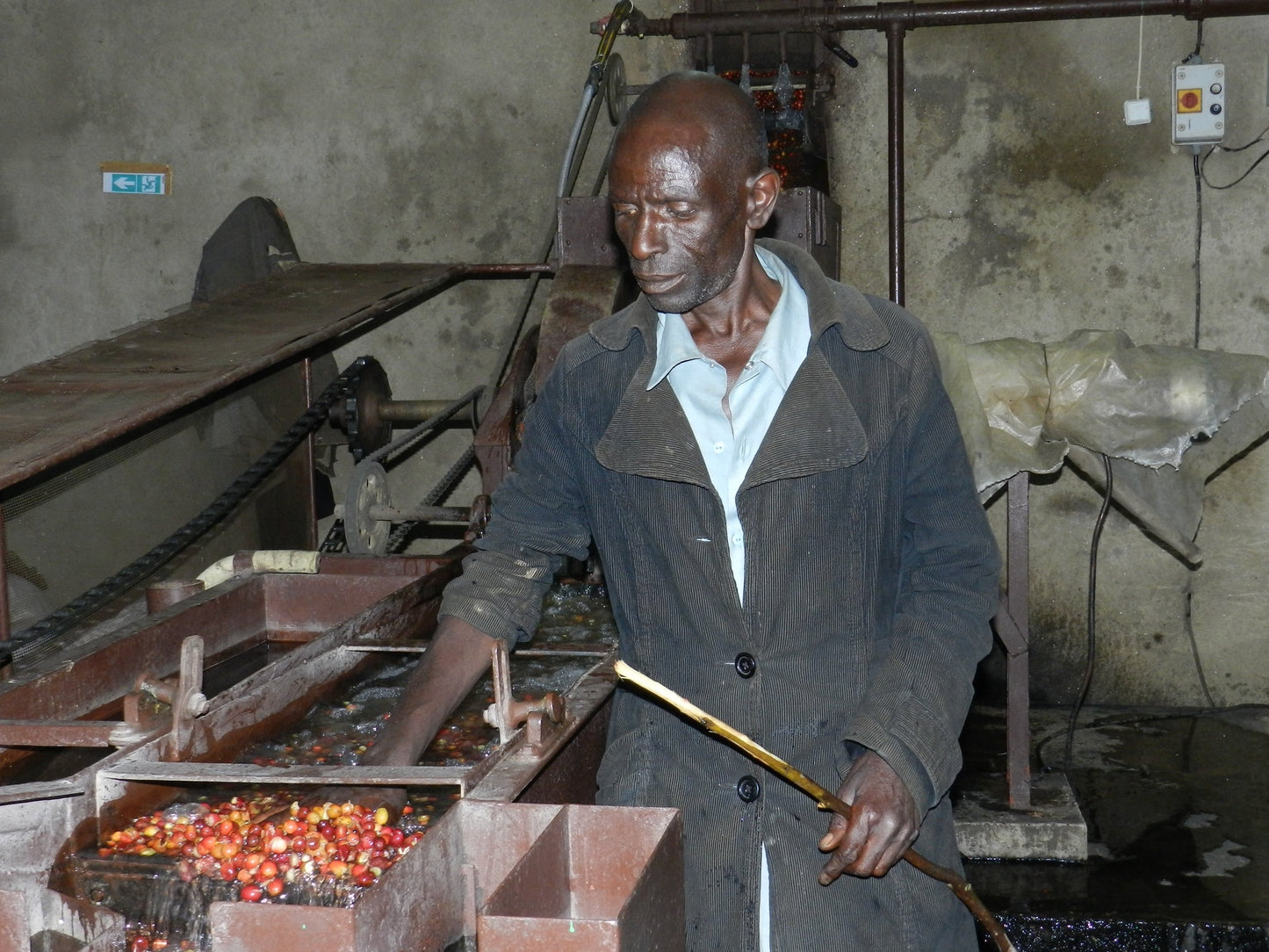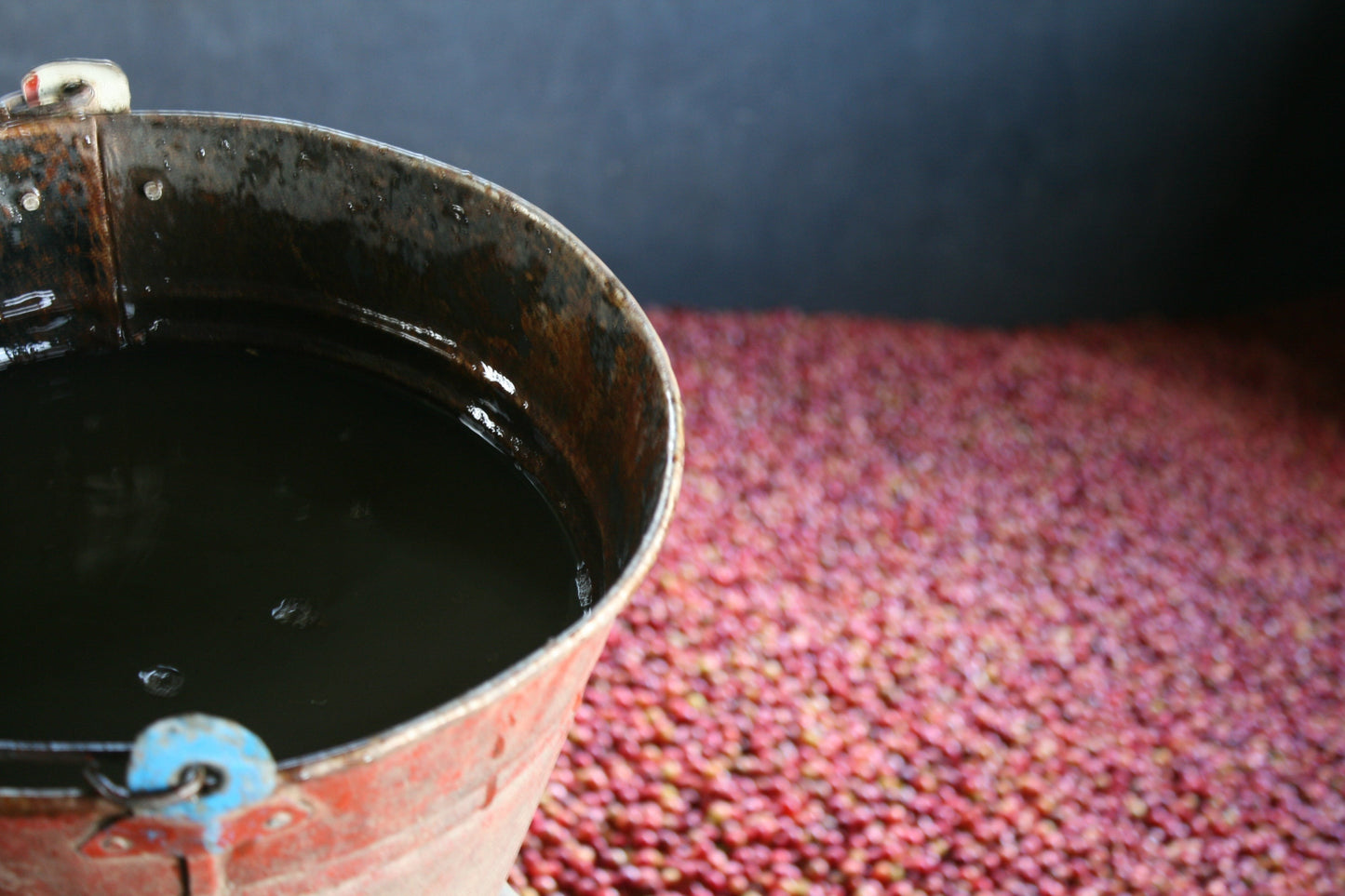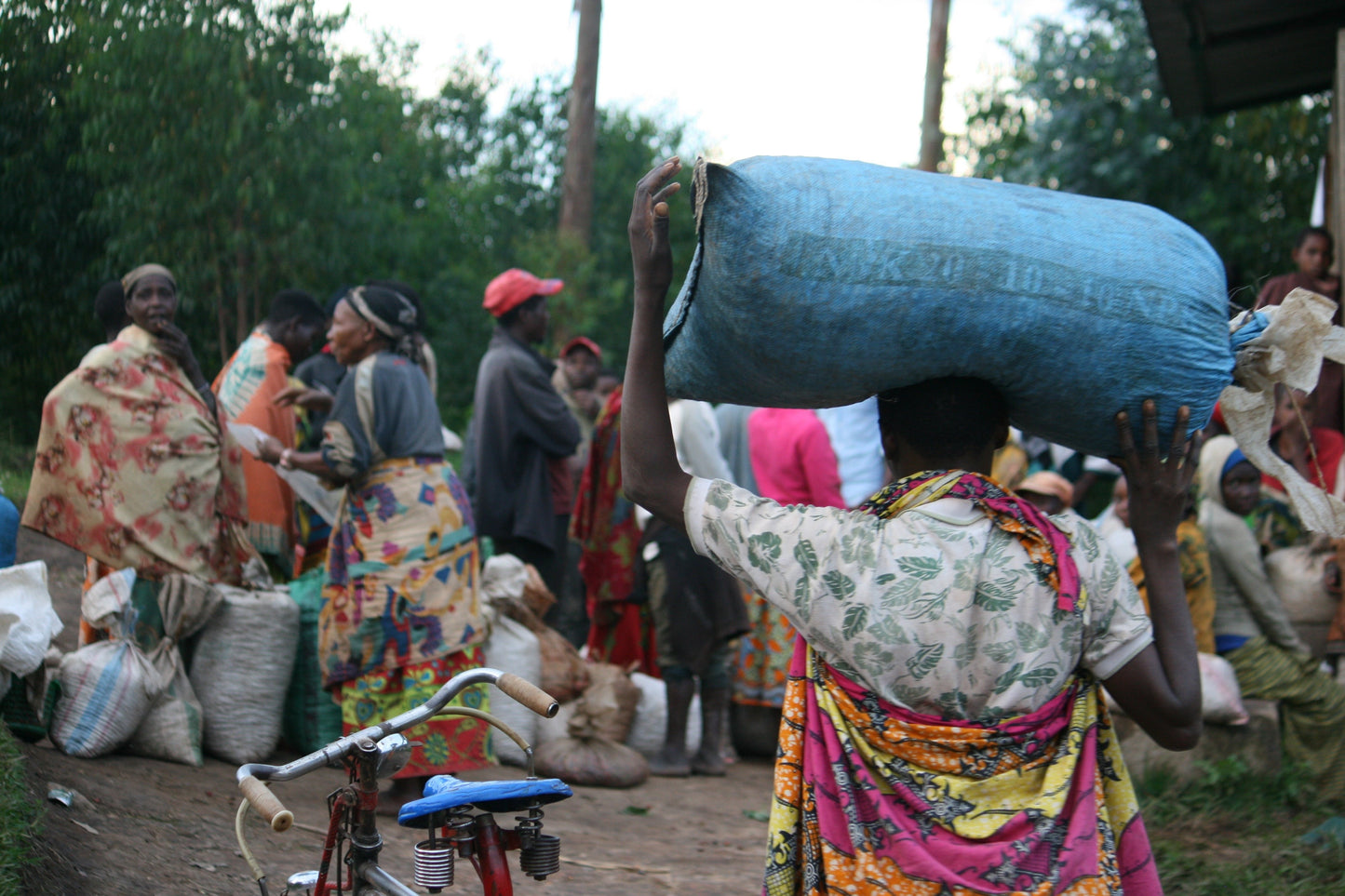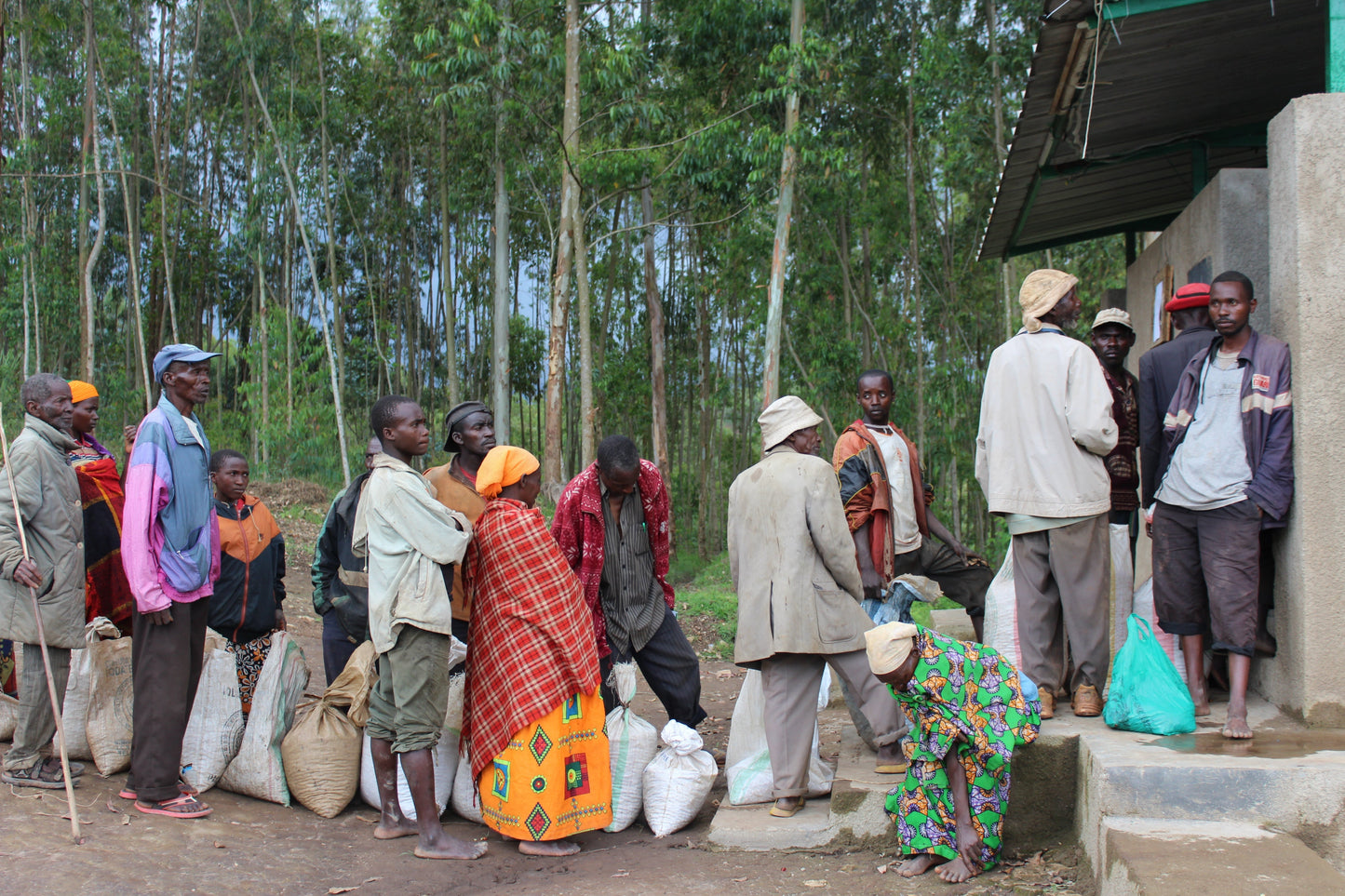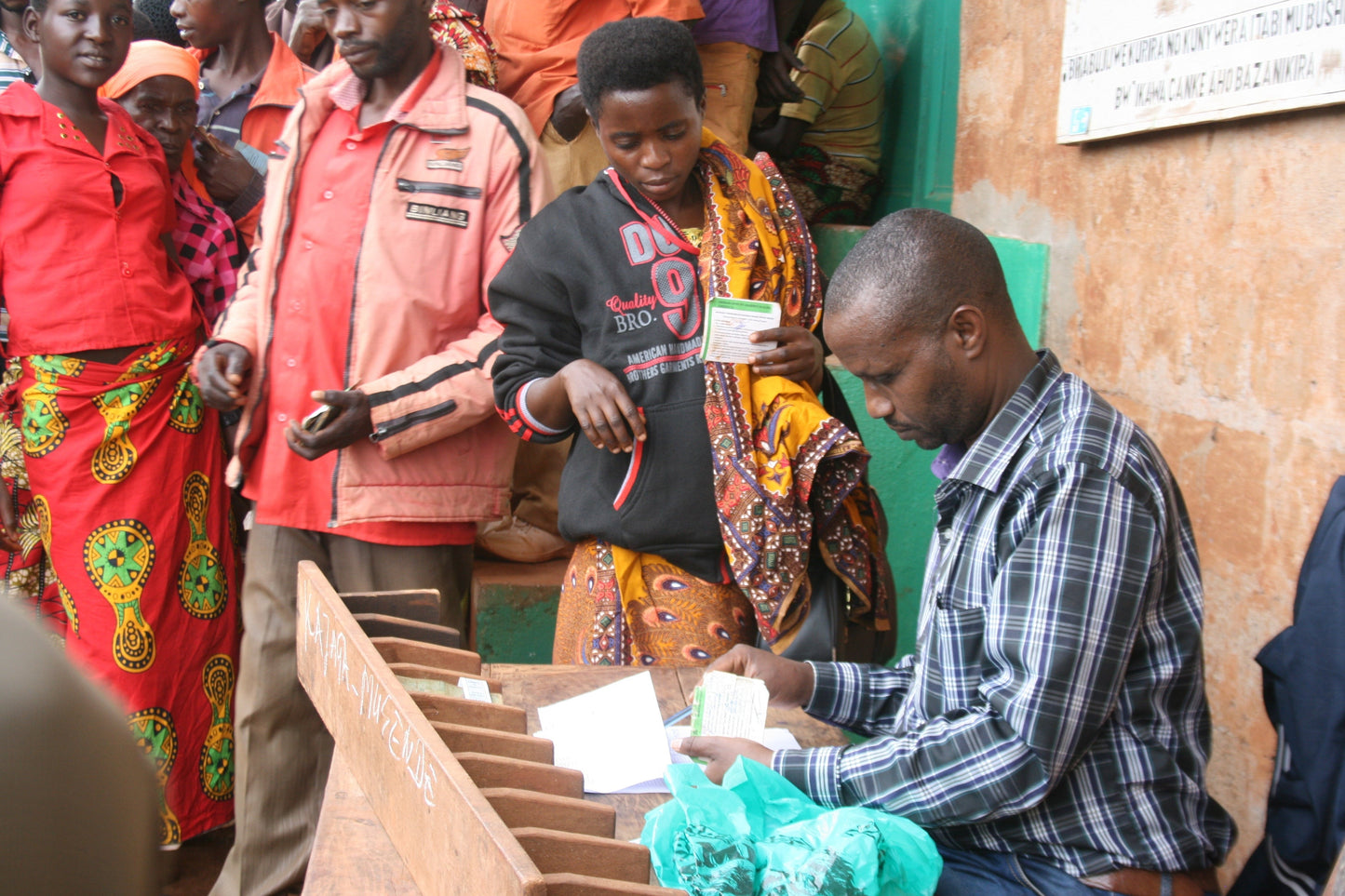BURUNDI
Many trees in Burundi are of the Red Bourbon variety. Due to the decreasing size of coffee plantations, aging of rootstocks is a very big problem in Burundi. Many farmers have trees that are over 50 years old, but with small plots to grow, it is difficult to justify taking trees out of production during the 3-4 years that new plantings will be needed to begin producing. At the washing station, farmers can also obtain organic fertilizers derived from composted coffee pulp.
Despite the ubiquity of coffee farming in Burundi, each small coffee producer has a relatively small harvest. The average small producer has approximately 250 trees, usually in their backyards. Each tree produces an average of 1.5 kilos of cherries, so the average producer sells around 200-300 kilos of cherries annually.
Gahahe in Kayanza province
More than 1,700 smallholders deliver their cherries to the Gahahe station. In season, the quality of its careful cultivation and ideal environmental conditions are preserved and enhanced by meticulous processing. Expect an elevated take on the classic Burundi Profile fully washed with black currant, florals and red berries.
This coffee of ours has an interesting acidity and a rich, full-bodied flavor with notes of blackcurrant and berries that are perfectly balanced with a floral aroma and a crisp lemon finish. Burundi coffee is highly sought after by lovers who appreciate bright acidity and the unique character of African coffees. It usually has a very balanced acidity and taste and is often seen as a versatile coffee.
Notes :- Delicate essence of black tea intertwines with the vibrant sweetness of blackberry, the depth of honey and the spicy touch of grapefruit
Origin:- Burundi
Region:- Kayanza
Producer:- Kibingo Washing Station
Variety:- Red Bourbon
Altitude:- 19000m
Processing Method:- Washed
Harvests:- March-July
Preparation Suggestion (Brewing)

The Cup
Delicate essence of black tea intertwines with the vibrant sweetness of blackberry, the depth of honey and the spicy touch of grapefruit
